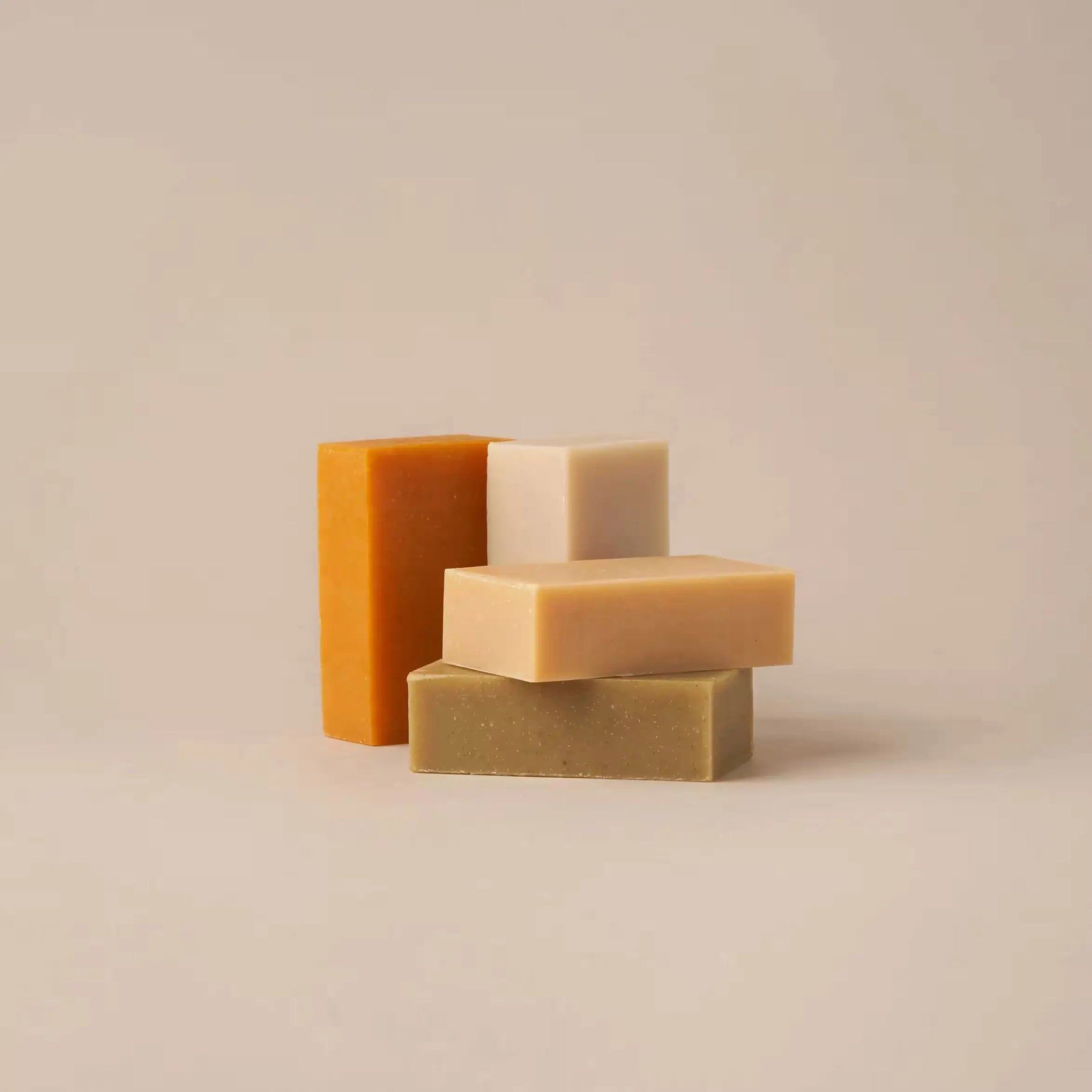
Why Natural Soap Is Harming Your Skin
Natural soaps seem like the obvious option for any health conscious person and we at Blends and Formulas are passionate advocates for natural and clean skincare, but the chemistry of natural soap makes it a bad choice for maintaining healthy skin.
Natural soaps, made by combing oils with alkali salts like sodium hydroxide or potassium hydroxide, are inherently alkaline. This alkalinity, necessary for the saponification process that forms soap, disrupts the skin's delicate pH balance. The skin's natural pH is slightly acidic, which is essential for maintaining its protective acid mantle and health.
The skin's acidic pH, typically ranging from 4.5 to 5.5, is crucial in preserving its integrity and function. It protects the skins barrier properties, while supporting microbial balance and hydration. Natural soap neutralizes this acidic environment, which can lead to various skin issues, including dryness, irritation, and increased susceptibility to infections.
In contrast to natural soaps, naturally derived surfactants like Decyl Glucoside and Sodium Cocoyl Isethionate offer a gentler alternative. These surfactants, derived from renewable sources such as coconut oil and sugar, can be formulated to match the skin's natural pH. As a result, they cleanse effectively without causing irritation, and most importantly, disrupting the pH balance, making them suitable even for sensitive and reactive skin.
While natural soap seem like the best choice, its alkaline nature and harsh stripping action will disrupt the skins pH balance and lead to compromised skin health. Natural soap certainly is a safe choice when it comes to overall health, but its weakness lies in having a negative impact on the skin. On the other hand, naturally derived surfactants, formulated in a clean product without other questionable ingredients, offer a milder and more skin-friendly approach to cleansing, promoting optimal skin health and comfort.

